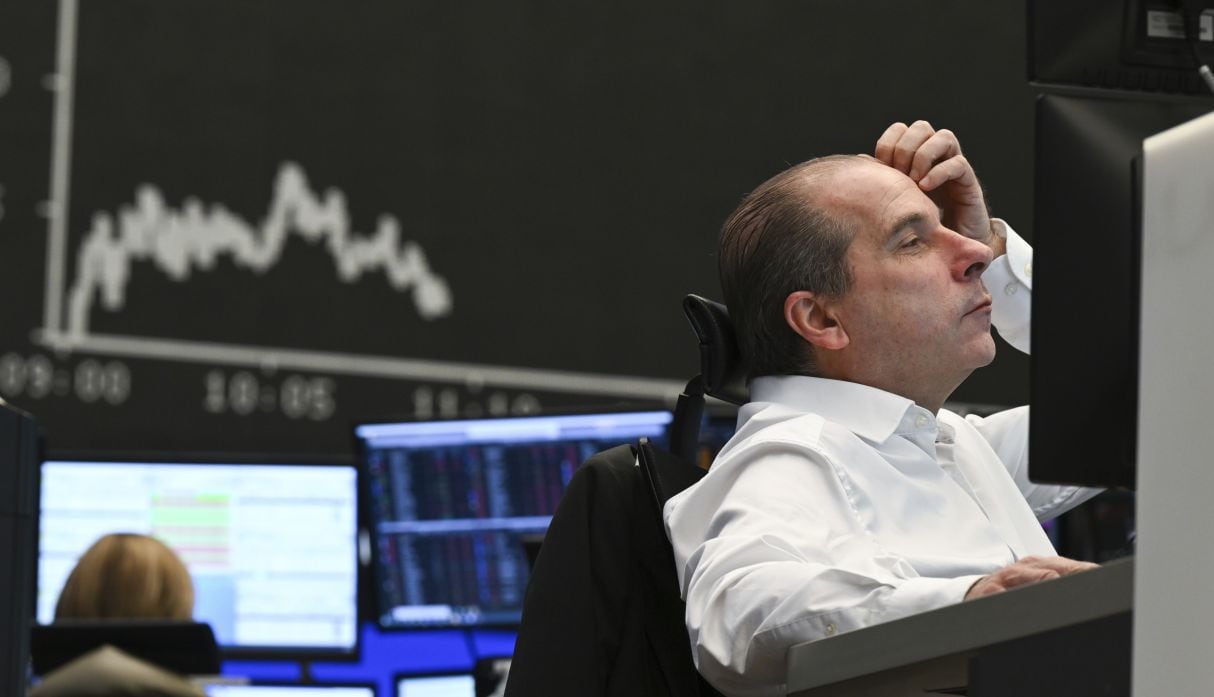
Global central banks must juggle the need to control inflation through higher interest rates and calm market jitters amid banking sector turmoil, which has revived memories of the 2008 global financial crisis. .
After the Federal Reserve delivered a modest 25 basis point rate hike on Wednesday, the central banks of Switzerland, Norway and the UK also raised rates on Thursday.
Overall, 10 developed economies have increased rates by a combined 3,290 basis points (bp) this cycle to date. Japan is the most cautious and reticent.
Here’s a look at where the policy makers are, from hardliners to moderates.
1) UNITED STATES
The Fed raised rates by a quarter point on Wednesday, continuing its most aggressive series of hikes since the 1980s. It also calmed markets in turmoil over the collapse of US banks Silicon Valley Bank and Signature Bank and the acquisition of Credit Suisse by rival UBS.
After setting its policy rate at 4.75%-5.00%, the Fed hinted that it may soon pause rate hikes. President Jerome Powell said that “there are no weaknesses that are presenting widely in the banking system”.
2) NEW ZEALAND
The Reserve Bank of New Zealand (RBNZ) slowed its pace of tightening, raising rates by 50 basis points to a 14-year high of 4.75% in February.
The minutes of the meeting showed that the authorities considered a 75 bp increase. The RBNZ also kept its top rate forecast at 5.5%, saying it is too early to assess the monetary policy implications of the severe flooding in January.
3) CANADA
On March 8, the Bank of Canada became the first major central bank to halt monetary tightening during this cycle. It kept its key overnight interest rate at 4.50%, aiming to hold it as long as inflation falls to around 3% by mid-year.
4) UNITED KINGDOM
The Bank of England raised rates by another 25bp on Thursday and said it expects the acceleration in inflation to cool faster than before, despite the surprise jump announced on Wednesday.
He pointed “large and volatile movements” in financial markets globally caused by the banking turmoil, but said its Financial Policy Committee felt the UK banking system remained resilient.
5) AUSTRALIA
Australia’s central bank raised its benchmark rate by a quarter of a point to 3.6% in March, the highest since May 2012, but hinted the hikes may be over for now.
Governor Philip Lowe said monetary policy was “in tight territory” and the bank was ready to react if data supported a pause.
6) NORWAY
Norway’s central bank raised rates by 25 basis points to 3% on Thursday and signaled more would come.
Norges Bank raised its rate forecasts, saying it is likely to raise rates again in May and beyond, to 3.5% in the summer, given signs that the economic slowdown will be less pronounced than previously expected.
7) EURO ZONE
The ECB raised its deposit rate another 50 bp to 3% on March 16, the highest level since October 2008 and its sixth successive hike this cycle.
Investors expect rates to top around 3.5%, despite concerns about the euro zone economy stemming from tighter credit conditions, as problems at Credit Suisse and US banks may make make lenders more cautious.
“We have to tame inflation” in one way “bold and decisive”, said the president of the Bundesbank, Joachim Nagel, on Wednesday, a “hawk” influential on the ECB governing council.
8) SWEDEN
The Riksbank raised rates by 50bp in February to 3%, signaling further tightening is ahead. His next decision is April 26.
Inflation was red hot in February, with the core rate, excluding volatile energy prices, jumping to 9.3%, the fastest pace since July 1991.
9) SWITZERLAND
The Swiss National Bank raised its main interest rate by 50 basis points on Thursday to 1.5%, saying UBS’s emergency takeover of Credit Suisse had “put an end to the crisis”.
With inflation running at 3.4% in February, well above the SNB’s target band of 0-2%, the central bank opted to push ahead despite the banking turmoil with its fourth consecutive hike. The SNB also noted that further increases cannot be ruled out.
10) JAPAN
The Bank of Japan, the most dovish major central bank, kept its rates ultra-low at its March meeting, the last under Governor Haruhiko Kuroda.
The BOJ has resisted changing its yield curve control policy, which it uses to cap rates on longer-term debt. Investors expect Kuroda’s successor, Kazuo Ueda, to phase out the program, perhaps as soon as this year, as inflation exceeds the bank’s 2% target.
Source: Gestion
Ricardo is a renowned author and journalist, known for his exceptional writing on top-news stories. He currently works as a writer at the 247 News Agency, where he is known for his ability to deliver breaking news and insightful analysis on the most pressing issues of the day.












